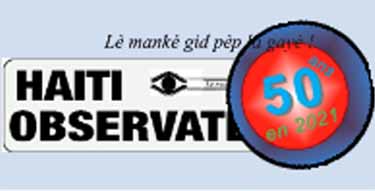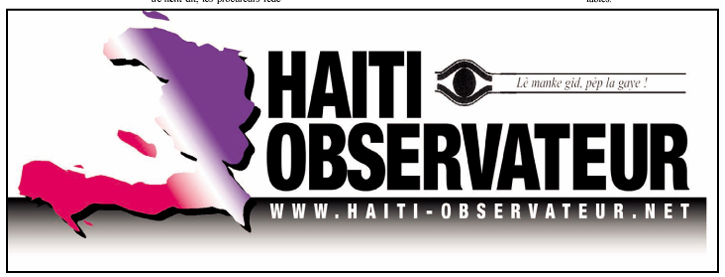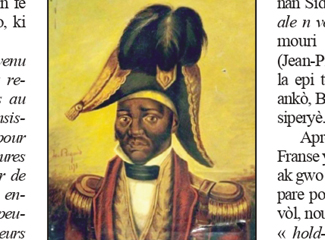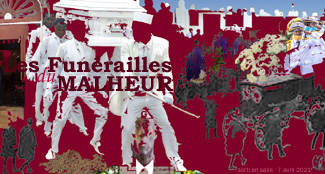IMMIGRATION DEBATE By Jim Uttley
- Let’s stop fighting over the children
We are living in very chaotic times—across North America and around the globe. The Immigration debate that started almost 20 years ago has now turned into an open war.
On the one hand, the Democrats who are pushing either for total “open borders” to a more conservative position of “let’s find a way to shut the doors on current immigrants and later figure out how we’re going to deal with the millions who have been here illegally since the last “amnesty” law was passed.
In opposition to that position are the Republicans but the conservative ones with a capital “C” seem to be dominating the debates and those are the ones who President Donald Trump is listening to.
In all honesty, this administration is acting like it woke up one morning recently and discovered that there’s a massive problem on our borders and we need to “en masse” arrest people and take away their children and place them in Homeland Security’s Foster Care System. Well, quite frankly, they are doing a horrible job and about as bad as what the Democrats accused President George W. Bush of doing —or not doing — dealing with the aftermath of Hurricane Katrina.
In 1997, I wrote an article which describes the experience I went through as a child, comparing my experience to what hundreds of thousands of Indigenous children went through when they were sent away to Residential (Boarding) Schools far from home. I’d like to share that award-winning article with you here.
They disappeared around the bend By Jim Uttley
If there was any sadness or sense of loss at his departure, he didn’t catch it. But then again, he was
too wrapped up in his feelings of fear, apprehension, and general discomfort with this whole idea.
“Why did it all have to be likethis?” the ten-year-old asked himself. “Could there not be a better way — at least another way around this?”
These thoughts were sparked as he waited for the ride that would take him to a strange and different world. Boarding school.
“Well, if I can’t avoid it,” he thought to himself, “let’s get going!”
His family said their good-byes. It was a tearless farewell, although he knew that any felt emotions his parents and siblings had were shoved way down inside.
As they drove off, he turned to see his mama and papa. They were waving, pressed close together, Papa’s arm wrapped around mama’s waist. The boy watched as they shrunk smaller and smaller, soon disappearing altogether as the car rounded the bend.
Little did he know that this would be the first of many such scenes overthe next ten years. All would take on many different views, but always with the same feelings — never knowing when or if they would see each other again. Like the feeling of parents who send their sons and daughters off to war.
For over one hundred and fifty years, North American Indigenous children and their parents went through experiences similar to the one above. Heart-wrenching events in the lives of families. thousands of children, some as young as three, were forcibly taken from their homes to schools thousands of miles away to attend institutions with students they didn’t know, taught by teachers who were foreign to them. They were required to speak a language they did not understand and punished when they spoke their mother tongue.
This wasthe experience offar too many First Nations children. This is to say nothing of the hun- dreds who were beaten, abused verbally and sexually; forbidden to be the boys and girls they were created by Creator to be.
There are those who would like to brush these events aside, push them under the rug and pre- tend they didn’t happen.That certainly would be the easiest and least painful thing to do.
But repentance and restitution are painful. Not only for the victim but also for the victimizer.
If the Native North American situation is ever going to change for the better, and if we are ever going to see the dominant society look upon Aboriginal people in ways that are not stereotypical we are going to have to have some soul-searching and heart-changing actions.
The Government of Canada’s apology to First Nations Peoples came belatedly in response to the Royal Commission on Aboriginal Peoples. Years later, the Truth and Reconciliation Commission, all important, they are smalls steps down the road that leads to repentance, reconciliation, and restitution.
These three Rs are not sterile political or religious terms. They are Creator’s words.
It is impossible to put these three words into action without a heart change. That change can only come by amove oft he Spirit of Holy Creator God, our Father. It is impossible for sinful men and women of position and power to change hundreds of years of crimes against their fellow human beings with just the stroke of a pen or a public declaration. There must be much heart-searching prayer, confession of sins, and a commitment to change. Not only saying we’re sorry, but also admitting guilt and seeking to right the wrongs committed by our forefathers.
One of the best films of 1998, despite the critics, was Steven Spielberg’s Amistad. This movie dealt with the tragic holocaust committed against black slaves of West Africa. There is a parallel to the Native American genocide during the first four hundred years since Columbus set foot in the Caribbean.
When the leader ofthe band of slaves that escaped and was later imprisoned had a chance to speak in his halting English, he spoke justsix words. “Freedom ! I want to be free!”
In spite of what declarations are made and laws passed, true freedom and reconciliation come only from Creator. Our Indigenous People will only be truly set free when we as nations seek Creator’s face and repent of our evil ways. “Then Creator will hear from heaven and heal our land.”
I know all too well the pain of separation and abandonment by my parents, through no fault of their own. They were not given a choice.
Since 1988, I have been listening to North America’s Native elderstell their stories. As I listen, a pain so real rises up in me. A pain of recognition and under-standing.
I know the agony of enduring abuse in foster care and Residential School.
I was that ten-year-old boy who watched his parents disap- pear around the bend that Sunday
afternoon so many years ago.
It seems it just keeps going on and on.
-“They Disappeared Around the Bend” wasfirst published in 1997. © 1997 Intertribal
Christian Communications. Used with permission.
to reach this article on P 12, click here : http://haiti-observateur.org/wp-content/uploads/2018/06/H-O-20-juin-2018.pdf




